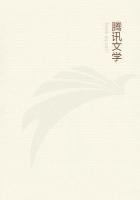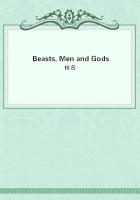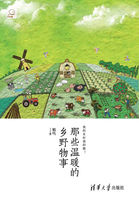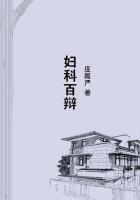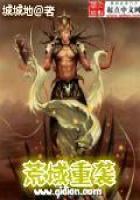The negation of negation is, however, contradiction, for in that it negates negation as simple determination, it is on the one hand affirmation, but on the other hand also really negation; and this contradiction, which is a matter pertaining to reason, is lacking in the case of Spinoza. There is lacking the infinite form, spirituality and liberty. I have already mentioned before this (pp. 93, 94;129-137) that Lullus and Bruno attempted to draw up a system of form, which should embrace and comprehend the one substance which organizes itself into the universe; this attempt Spinoza did not make.
Because negation was thus conceived by Spinoza in one-sided fashion merely, there is, in the third place, in his system, an utter blotting out of the principle of subjectivity, individuality, personality, the moment of self-consciousness in Being. Thought has only the signification of the universal, not of self-consciousness. It is this lack which has, on the one side, brought the conception of the liberty of the subject into such vehement antagonism to the system of Spinoza, because it set aside the independence of the human consciousness, the so-called liberty which is merely the empty abstraction of independence, and in so doing set aside God, as distinguished from nature and the human consciousness - that is as implicit consciousness of freedom, of the spiritual, which is the negative of the corporeal, and man has also the consciousness that his true Being lies in what is opposed to the corporeal. This has been firmly maintained by religion, theology, and the sound common sense of the common consciousness, and this form of opposition to Spinoza appears first of all in the assertion that freedom is real, and that evil exists. But because for Spinoza, on the other hand, there exists only absolute universal substance as the non-particularized, the truly real - all that is particular and individual, my subjectivity and spirituality, has, on the other hand, as a limited modification whose Notion depends on another, no absolute existence. Thus the soul, the Spirit, in so far as it is an individual Being, is for Spinoza a mere negation, like everything in general that is determined. As all differences and determinations of things and of consciousness simply go back into the One substance, one may say that in the system of Spinoza all things are merely cast down into this abyss of annihilation. But from this abyss nothing comes out; and the particular of which Spinoza speaks is only assumed and presupposed from the ordinary conception, without being justified. Were it to be justified, Spinoza would have to deduce it from his Substance; but that does not open itself out, and therefore comes to no vitality, spirituality or activity. His philosophy has only a rigid and unyielding substance, and not yet spirit; in it we are not at home with ourselves. But the reason that God is not spirit is that He is not the Three in One. Substance remains rigid and petrified, without Boehme's sources or springs; for the individual determinations in the form of determinations of the understanding are not Boehme's originating spirits, which energize and expand in one another (supra, pp. 202, 203). What we find regarding this particular then is that it is only a modification of absolute substance, which, however, is not declared to be such; for the moment of negativity is what is lacking to this rigid motionlessness, whose single form of activity is this, to divest all things of their determination and particularity and cast them back into the one absolute substance, wherein they are simply swallowed up, and all life in itself is utterly destroyed. This is what we find philosophically inadequate with Spinoza; distinctions are externally present, it is true, but they remain external, since even the negative is not known in itself. Thought is the absolutely abstract, and for that very reason the absolutely negative; it is so in truth, but with Spinoza it is not asserted to be the absolutely negative. But if in opposition to Spinozism we hold fast to the assertion that Spirit, as distinguishing itself from the corporeal, is substantial, actual, true, and in the same way that freedom is not something merely privative, then this actuality in formal thought is doubtless correct, yet it rests only upon feeling; but the further step is that the Idea essentially includes within itself motion and vitality, and that it consequently has in itself the principle of spiritual freedom. On the one hand, therefore, the defect of Spinozism is conceived as consisting in its want of correspondence with actuality; but on the other side it is to be apprehended in a higher sense, I mean in the sense that substance with Spinoza is only the Idea taken altogether abstractly, not in its vitality.
If, in conclusion, we sum up this criticism that we have offered, we would say that on the one hand with Spinoza negation or privation is distinct from substance; for he merely assumes individual determinations, and does not deduce them from substance. On the other hand the negation is present only as Nothing, for in the absolute there is no mode; the negative is not there, but only its dissolution, its return: we do not find its movement, its Becoming and Being. The negative is conceived altogether as a vanishing moment - not in itself, but only as individual self-consciousness; it is not like the Separator we met with in Boehme's system (supra, p. 206).

